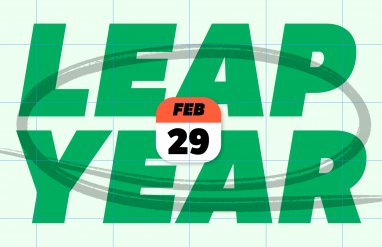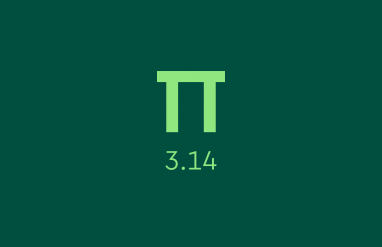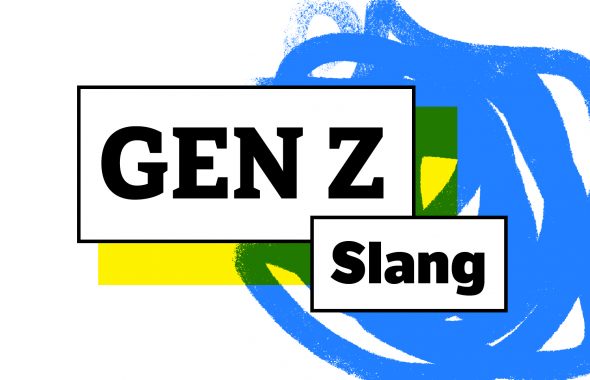Most of us landlubbers live out our dry lives on solid ground, so it can be easy to forget that Earth is primarily an ocean planet that’s 71% covered in water—most of which connects in a giant blue mass around our little green islands. Ocean, sea, it’s all the same salt water, right?
Yes and no. In general use, it’s extremely common for the two words to be used interchangeably. But cartographers and geographers (or, more precisely, hydrographers) have good reason to use the terms differently, especially when referring to specific, named bodies of water.
Join us as we wade into the differences and dive into the deeper distinctions between ocean and sea. We’ll discover gulfs and bays that are seas in disguise, and we’ll even see some lakes that are called seas but aren’t.
⚡️ Quick summary
The most general senses of the words ocean and sea are often used interchangeably to refer to the big body of salt water that covers most of Earth. But technically speaking, an ocean is one of the big five (or seven) divisions of this expanse (like the Atlantic and the Pacific), while a sea is a smaller portion of this (like the Mediterranean and the Caribbean), typically one that is bounded in some way by smaller landmasses.
What is an ocean?
When people say the ocean, they usually mean “the vast body of salt water that covers almost three fourths of Earth’s surface.” You can think of this as one big, unbounded body of water in which the continents are islands. We’ve divided this vast expanse—the world ocean, as it’s sometimes called—into sections, roughly based on the position of each section between continents.
We also call each of these sections an ocean, and each has a specific name: the Pacific Ocean (from the east coasts of Asia and Australia to west coasts of the Americas), the Atlantic Ocean (from the east coasts of the Americas to the west coasts of Europe and Africa), the Indian Ocean (between the east coast of Africa, the Indian subcontinent, and the west coast of Australia), the Arctic Ocean (in the extreme global north), and the Antarctic Ocean (in the extreme global south).
The Pacific and the Atlantic are the biggest and are further divided into the North Atlantic and South Atlantic; and the North Pacific and South Pacific. So if you count these divisions, you’ll end up with a list of seven oceans (instead of five).
What is a sea?
In general, when people say the sea, they often mean the same thing as the ocean—the enormous, connected body of salt water that covers most of the planet. More specifically, though, a sea is “a division of these waters, of considerable extent, more or less definitely marked off by land boundaries.” In this sense, the distinguishing feature of a sea is often that it’s a portion of the ocean bounded by land in some way—typically smaller landmasses, as opposed to entire continents.
Some large and well-known seas that fit this definition include the Mediterranean Sea, the Caribbean Sea, the Arabian Sea, the South China Sea, and the Red Sea, among many others.
Some bodies of water are entirely surrounded by land, but are big enough to be considered seas, such as the Black Sea.
Not every body of water is easily categorizable, and there are exceptions and outliers. The relatively calm portion of the Atlantic Ocean known as the Sargasso Sea is not bounded by any land but is instead defined by its location between ocean currents.
Not every body of water that’s technically considered a sea has the word sea in its name. The Gulf of Mexico and the Bay of Bengal fit the criteria to be considered seas. Hudson Bay is considered an inland sea.
And, confusingly, not every body of water with sea in its name is actually a sea. The Caspian Sea and the Dead Sea are both saltwater lakes. The Sea of Galilee is a freshwater lake.
There are more than 50 seas in the world. So why are we so used to hearing that there are seven?
What are the seven seas?
Today, the term seven seas typically refers to the seven divisions of ocean: the North Pacific Ocean, the South Pacific Ocean, the North Atlantic Ocean, the South Atlantic Ocean, the Indian Ocean, the Arctic Ocean, and the Antarctic Ocean.
However, it has meant different things throughout history. Many geographers and historians believe that, in the ancient world, it most commonly referred to the Indian Ocean, the Black Sea, the Caspian Sea, the Adriatic Sea, the Persian Gulf, the Mediterranean Sea, and the Red Sea. But this likely varied in different parts of the world where different bodies of water were known.
How to use ocean vs. sea
In the most general sense, sea and ocean are often used interchangeably to refer to the massive body of salt water that covers most of the planet.
The technical distinction used for the purposes of geography is that an ocean is one of the five (or seven) divisions of these waters, while a sea is a smaller portion of the ocean, most often one bounded by land in some way.
It’s much more likely for people to refer to a specific ocean as the sea than for them to refer to a specific sea as the ocean.
Both terms are commonly used in phrases and compound words like seaside, oceanside, seawater, ocean liner, seascape, and many more. These terms are typically used in the general sense of the words, or refer specifically to whatever body of water is nearby.
Both ocean and sea can also be used in similar figurative ways to refer to a large expanse, as in a sea of people, or a great amount, as in an ocean of possibilities. Sea is perhaps more commonly used in poetic ways.
Examples of ocean and sea used in a sentence
- The Indian Ocean is the smallest of the world’s oceans.
- The Coral Sea is part of the Pacific Ocean and is one of the largest seas in the world.
- I love swimming in the sea and floating on the waves.
- I hope we get a chance to visit the ocean this summer.
- We’re driving to the coast to see the Pacific Ocean and stay at a seaside resort.














